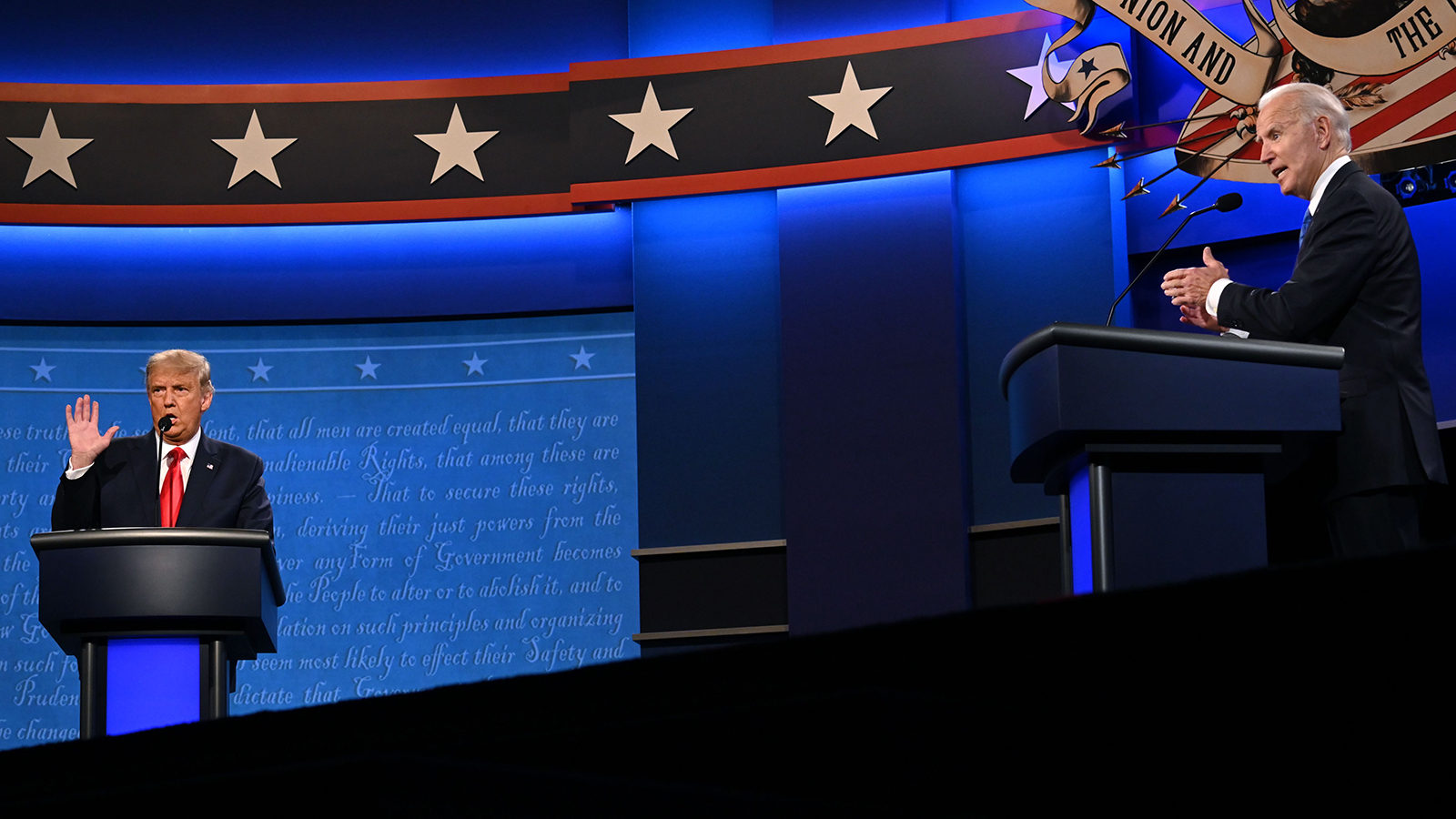
What did you think of tonight’s debate?

They got the same question. But you couldn’t tell from their answers.
Asked what they would do to fight the disproportionate effects of chemical and fossil fuel pollution on communities of color, Joe Biden said he would ramp up regulations. President Trump suggested that the illnesses connected to living in the shadows of those refineries and plants was an economic boon to the afflicted families.
“The families we’re talking about are employed heavily and they’re making more money than they’ve ever made,” Trump said, pivoting hard to a favorite talking point. ‘“If you look at the kind of numbers that we produced for Hispanic or Black or Asian, it’s nine times greater, the percentage gained than it was under — in three years — than it was under 8 years of the two of them, to put it nicely,” he added – presumably referencing the unemployment numbers among minorities before the pandemic struck.
Biden spoke more fluently about the issue, which was familiar from the Democratic primary debates – and mocked Trump’s apparent ignorance.
“My response is those people live on what they call fence-lines. (Trump) doesn’t understand this,” Biden said. “They live near chemical plants, that in fact pollute, chemical plants and oil plants and refineries that pollute.”
Biden described growing up near Claymont, Delaware, in an area near the Delaware River with a glut of oil refineries.
“When my mom got in the car with the first frost, there would be an oil slick on the window,” Biden said. “That’s why so many people in my state were dying and getting cancer. The fact is the frontline communities, it doesn’t matter what you’re paying them. It matters how you’re keeping them safe.”


















